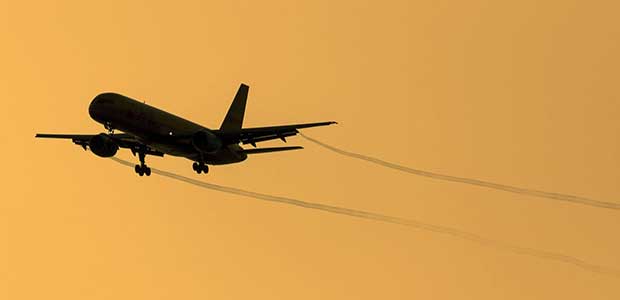
Boeing 757 Hacked by DHS in Test
According to Robert Hickey, aviation program manager within the Cyber Security Division of the DHS Science and Technology (S&T) Directorate, the hack was conducted last year on a 757 parked at the airport in Atlantic City, N.J.
- By Jessica Davis
- Nov 14, 2017
In a keynote address last Wednesday at the 2017 CyberSat Summit, a Department of Homeland Security official said that he and his team of experts remotely hacked into a Boeing 757 aircraft.
According to Robert Hickey, aviation program manager within the Cyber Security Division of the DHS Science and Technology (S&T) Directorate, the hack was conducted last year on a 757 parked at the airport in Atlantic City, N.J.
“We got the airplane on Sept. 19, 2016. Two days later, I was successful in accomplishing a remote, non-cooperative, penetration,” Hickey said. “[That] means I didn’t have anybody touching the airplane; I didn’t have an insider threat. I stood off using typical stuff that could get through security, and we were able to establish a presence on the systems of the aircraft.”
Hickey said the details of the test were classified, but that his team used "radio frequency communications." A Boeing official was present during the hacking test.
Boeing stopped producing 757s in 2004, but that aircraft model is still used by major airlines like Delta and United. President Trump’s personal jet is a 757, and Vice President Mike Pence has flown in a 757 as well. Boeing told CBS, “We firmly believe that the test did not identify any cyber vulnerabilities in the 757, or any other Boeing aircraft."
Newer models of aircraft have been designed with security in mind, but legacy models, which make up more than 90 percent of commercial planes in the sky, might lack appropriate security, Hickey said. He added that patching avionics subsystem on every aircraft when a vulnerability is discovered may be cost prohibitive, as changing one line of code on a piece of avionics equipment takes a year to implement and costs $1 million.
Hickey said he doesn’t know the answers for aircraft cyber infrastructure yet, adding that more research needs to be done on these systems to understand what the problems are. Aircraft represent different challenges for cybersecurity, and trying to handle these issues the same way they would be approached for land-based networks “is going to leave us short of the mark,” Hickey said.
About the Author
Jessica Davis is the Associate Content Editor for 1105 Media.